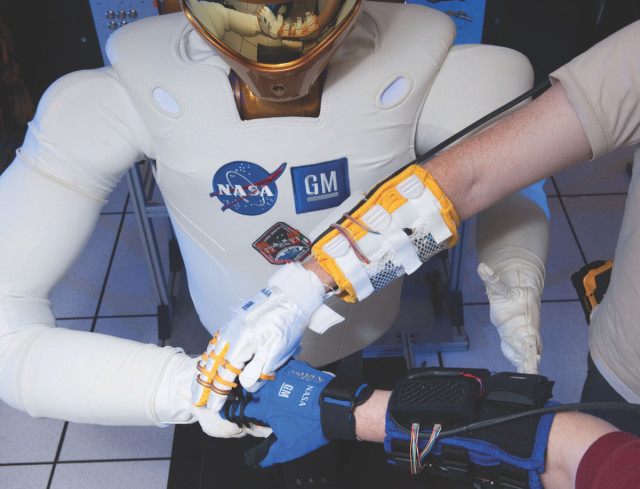As a part of its Technology Transfer Program, NASA wants to alleviate two of the biggest struggles that startups face: raising enough capital and securing intellectual property rights. That’s why the space agency has announced the Startup NASA initiative, in which it will license NASA patented technologies with no upfront costs to startup companies looking to use them commercially.
“Startup NASA gives technically-savvy entrepreneurs fast access to a whole portfolio of our best patented and proven technologies around which they can launch new businesses,” said Dan Lockney, NASA’s Technology Transfer Program Executive.
It’s a great offer, really: Smart people at NASA came up with this stuff, and now they want to share their research in order to advance the work of startup companies that’ll bring about new waves of technological discoveries.
Interested startup companies should peruse NASA’s patent portfolio, which includes 15 categories ranging from communications to propulsion.
Fair warning: There’s a lot of stuff to choose from.
- Maybe you’re interested in the Robo-Glove.
- Or perhaps Clock Synchronization Techniques for Distributed Systems.
- No, Next-Generation Flywheel Systems for Power Storage are probably more your thing. (If you know what any of that means, then hey, go for it.)
According to the official press release, the licensing is free, but there are a few guidelines (which you should read). Basically, your company’s intention must be to commercialize the licensed NASA technology, your minimum fees for the first three years will be waived, and NASA will get standard royalties once you start selling your product or service. (But seriously, read the rules.)
Taking advantage of the initiative is easy enough: find the patent you want, download a license agreement, and drop NASA a line via email. It’s not rocket science, but it’s close.
Before you go...
To keep our site paywall-free, we’re launching a campaign to raise $25,000 by the end of the year. We believe information about entrepreneurs and tech should be accessible to everyone and your support helps make that happen, because journalism costs money.
Can we count on you? Your contribution to the Technical.ly Journalism Fund is tax-deductible.
Join our growing Slack community
Join 5,000 tech professionals and entrepreneurs in our community Slack today!

The person charged in the UnitedHealthcare CEO shooting had a ton of tech connections

The looming TikTok ban doesn’t strike financial fear into the hearts of creators — it’s community they’re worried about

Where are the country’s most vibrant tech and startup communities?

